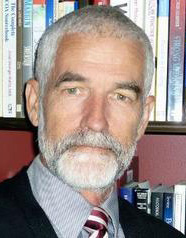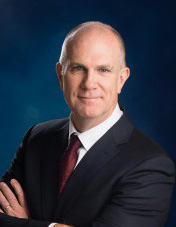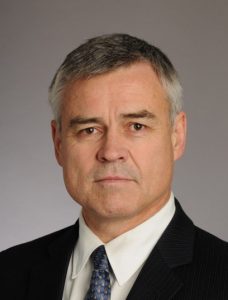Senior Policy Advisor, Human Rights Promotion Branch, Canadian Human Rights Commission
Human Rights, Substance Dependence, and Workplace Accommodation “This presentation provides a human rights perspective on substance dependence in the workplace, and an overview of the Canadian Human Rights Commission’s new guide for employers to workplace accommodation.
Substance Dependence is a disability protected by human rights legislation that has many serious consequences—for individuals, families, communities—and also the workplace. When an employee is dependent on drugs or alcohol, employers have an obligation to accommodate and support their recovery and must balance this obligation with ensuring a safe workplace.
The Canadian Human Rights Commission’s new guide to accommodation provides employers with step-by-step guidance on accommodating substance dependence in the workplace and ensuring a safe workplace for all. This presentation provides an overview of the guide.
- Understanding of key human rights principles regarding substance dependence in the workplace
- Overview of five steps to accommodating substance dependence in the workplace
- Awareness of new human rights resources on substance dependence in the workplace and accommodation.








 John Beckett
John Beckett








